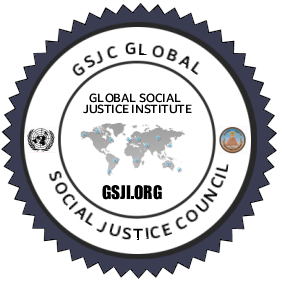GLOBAL SOCIAL JUSTICE INSTITUTE
tinue to apply in situations of armed conflict. Similarly, the Vienna Declara- tion and Programme of Action
called on all States and all parties to armed conflicts to pay strict observance to international humanitarian law
as well as to the minimum standards required for protecting human rights. In 1996, the Commission on Human Rights
recognized the need to identify the funda- mental principles applicable to situations of internal violence. 7. International human rights instruments PART 1: INTERNATIONAL HUMAN RIGHTS
| ||
Virus Justice Italian Freedom Day J23 History of Racism Book-HR Join Commission Ethics Badges Site Map Education Policy Agenda Top Social Justice Issues Anti Slavery Book Truth and Justice Commission USA Ethnic Justice Truth and Justice Commission * Anti Slavery Society - Election Intrigrity George Mentz Colorado Springs Coronavirus Biden Fault Negligence |
Accreditation Bodies: www.GAFM.com * www.GAFM.org * www.CertifiedProjectManager.eu * www.AAFM.org * Certified Project Manager * Certified e-Commerce Consultant * Royal Law Society * Royal Business Society * Royal Business College * Royal Fellows * Royal Economics Academy * Oxford Law School * AAFM * Certified International Project Manager *

